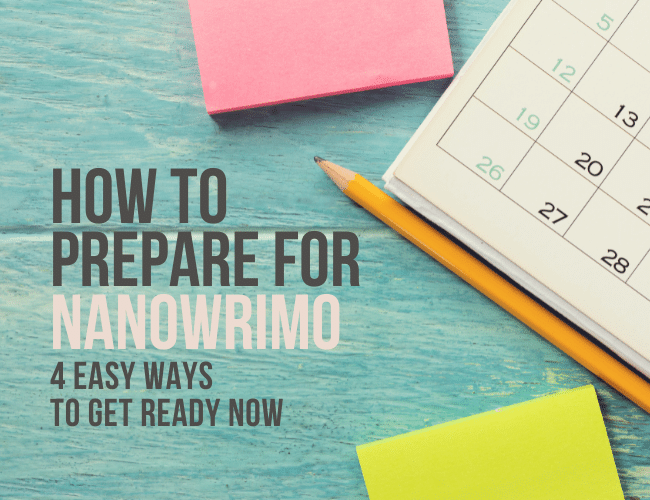
by Emily Wenstrom |
You might be thinking, “National Novel Writing Month is two months away. Why should I think about how to prepare for NaNoWriMo now?”
Completing the NaNoWriMo challenge is no small feat—it can take years to complete a novel, and yet those who step up for NaNoWriMo each year complete an entire first draft in just a month. This averages out to 1,667 words each day (you can download and print the official NaNoWriMo calendar here).
The official rules for NaNoWriMo state that writers are not permitted to start writing until November 1. But that doesn’t mean you have to just sit and wait. You can prepare for it!
Before the month of November, take advantage of the free time you have for some NaNoWriMo prep work.
By following these four ways, you can succeed (and have fun writing) when the time of year to meet your NaNoWriMo goals comes.
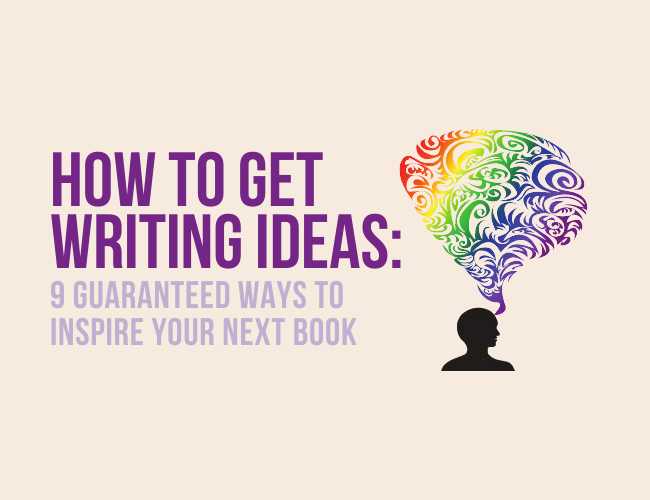
by Katie Axelson |
You’ve finally carved out a spare moment to write, you open up a blank document, and set your fingers on the keys. But then nothing comes. You check Facebook thinking maybe something there will be inspiring. No luck. You wonder if your muse is hiding under the stack of dirty dishes so you clean every bit of grime you can find and still come up empty. You’re at a loss for ideas and your writing time is dwindling quickly.
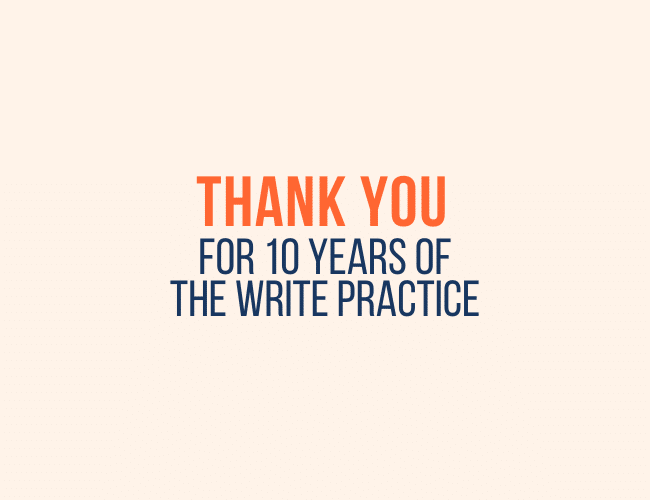
by Joe Bunting |
In July 2011, I accomplished what was at the time the third best thing I’d ever done in my life (after marrying my wife and writing my first book): I started a blog to share what I was learning about the writing craft.
It was called The Write Practice. My goal was to create a place where people could become better writers, finish their books, get published, and accomplish their writing goals.
Since then, over twenty-nine million people have visited The Write Practice. It has grown from just me working out of a coffee shop to a team of over twenty employees, contractors, and contributors.
Together we’ve helped over 7,000 people write books, get published, and accomplish their writing goals.
And we’re just getting started.
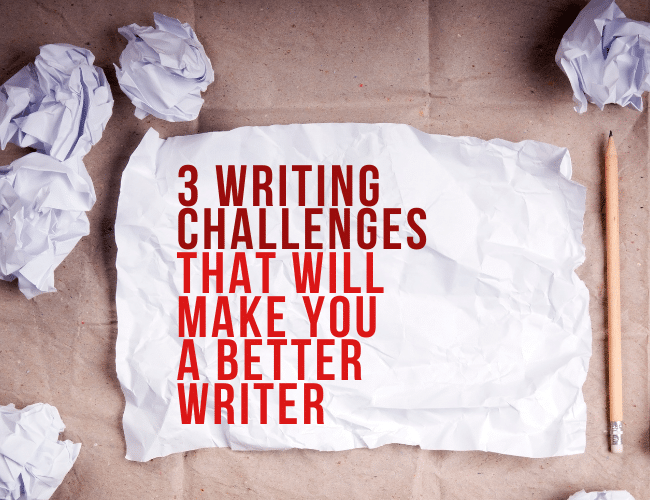
by David Safford |
Are you looking for a writing challenge that really tests your writing skills? Something that pushes your writing process beyond national novel writing month (although trying out NaNoWriMo is a good challenge to face)?
As a writer, you’ve probably heard this question: “What’s your genre?” Or maybe you’ve been asked, “What is your book about?”
As writers, we tend to find a creative “happy place” and stay inside three boxes: medium, form, and genre. This allows us to find a consistent voice and target our work towards ideal readers.
But staying inside these boxes without any deviation can have major drawbacks that threaten the quality of your writing, and the joy of writing itself.
In order to stay sharp, writers need challenges to keep their creative juices alive and well.
And whether or not these challenges are daily writing challenges or something you find on social media without even looking for them, it’s important that, as a writing habit, we tackle them head on every once in a while.
We only become better writers when we step out of our comfort zones.
These three writing challenges will test and strengthen your writing skills.
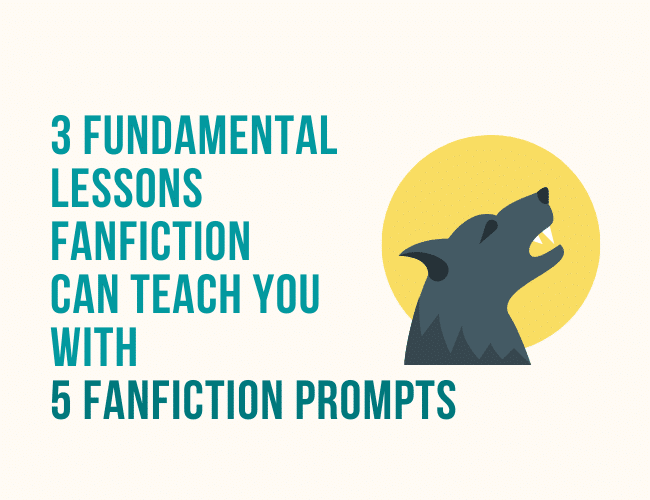
by J. D. Edwin |
Do you like writing fanfiction, but struggle to get going? Do you like to use fanfiction prompts to practice writing? Or, do you question if writing fanfiction will even benefit your writing?
Fanfiction can actually make your writing much stronger. And understanding what fanfiction is and using fanfiction prompts to give it a try (before you bash it) might be well worth your time.
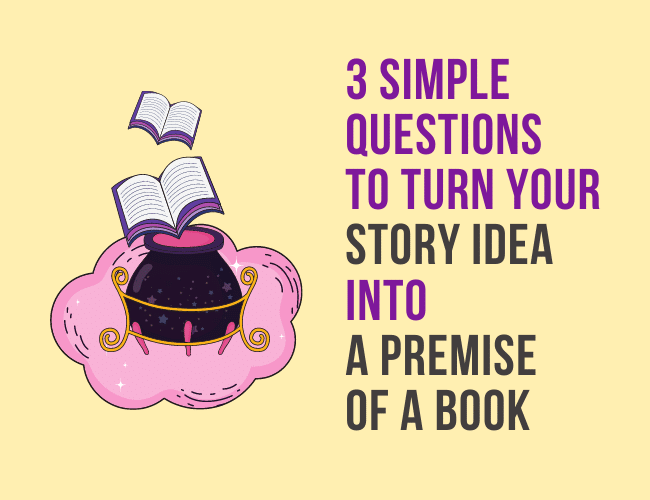
by J. D. Edwin |
I bet you have a great idea for a story right now. In fact, I bet you have several. But can that story idea withstand the length of a novel? If not, have you tried turning your story idea into a premise of a book?








